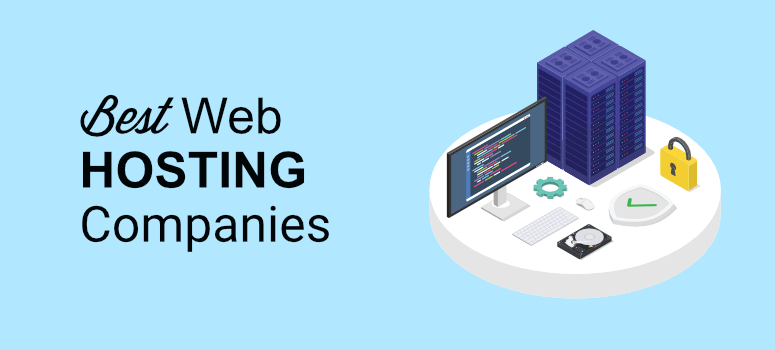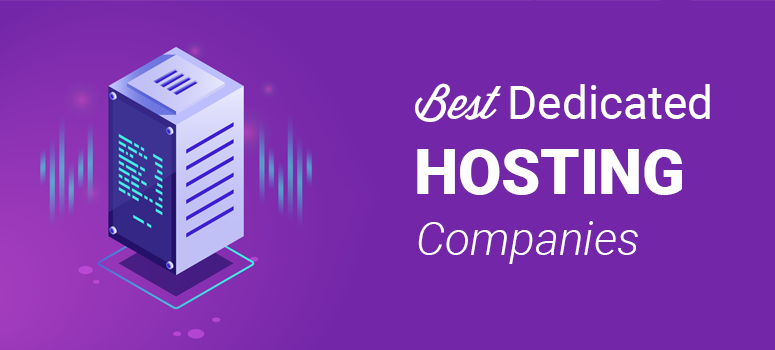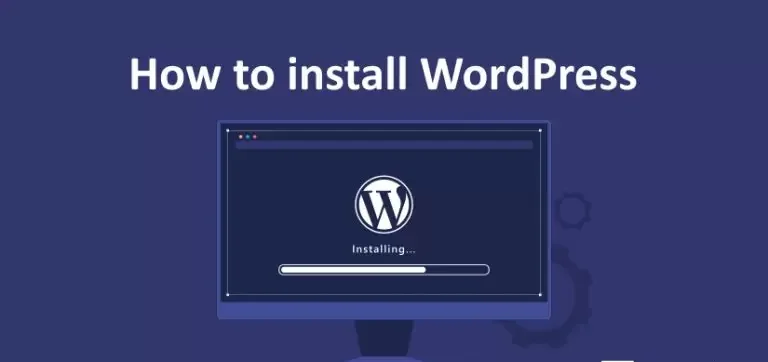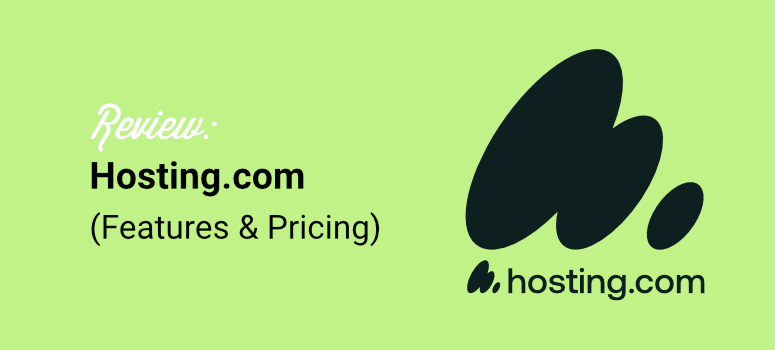What Small Businesses Need in Web Hosting
Before the list, these are the features small businesses often need:
-
Affordable yet reliable uptime (99.9%+)
-
Good speed / fast load times
-
Easy setup (one-click installers, WordPress compatibility)
-
Scalability — ability to upgrade as traffic grows
-
Strong support (live chat, phone, good documentation)
-
Security features (SSL, backups, malware protection)
-
Transparent pricing (watch out for big renewal jumps)
11 Best Web Hosting Companies for Small Businesses in 2025
Here are 11 hosting providers recommended by multiple trusted sources in 2025:
| # | Provider | Why It’s Good | Potential Drawbacks | Best For |
|---|---|---|---|---|
| 1. Hostinger | Generally top-ranked for small business hosting: affordable plans, good performance, free SSL, good control panel. Cybernews+2WikisInfos+2 | Very attractive introductory pricing; but renewal prices can be significantly higher. | Startups / small businesses just launching, on a tight budget. | |
| 2. SiteGround | Strong reliability, great support, speed, especially for WordPress/WooCommerce sites. WikisInfos+3TechRadar+3Tom’s Guide+3 | More expensive than the ultra-budget hosts; some plans have limits on storage. | Growing small businesses that want stability and don’t want to tinker too much. | |
| 3. Bluehost | Easy for beginners, especially for WordPress; free domain first year; feature-rich packages. Cybernews+1 | Support can vary; performance on lowest plans may lag behind premium ones; renewal upsells. | Bloggers, small businesses wanting easy setup with WordPress. | |
| 4. InMotion Hosting | Good all-round host; better features (NVMe SSDs, free site transfer, strong support) for mid-level small businesses. Zonedweb+1 | Higher cost for premium plans; unmanaged features may require more work. | Businesses growing in traffic or expecting moderate to high usage. | |
| 5. DreamHost | Long money-back guarantee, good privacy/safety features, optimised WP options. TechRadar+1 | Uptime in certain regions has some latency; panel is not always cPanel so there’s learning. | Small businesses that care about freedom, privacy, strong WP integration. | |
| 6. GoDaddy | Very large brand, domain/hosting bundled offers; good for non-tech founders wanting “all in one.” Cybernews+1 | Add-ons cost; performance can vary; upselling is common. | Business owners who want minimal configuration hassle and good domain/hosting combo. | |
| 7. IONOS | Strong introductory offers, free email, wildcard SSL, decent performance and scalability. Forbes+1 | Cheapest plans have restricted features (e.g. storage size, backup frequency); support quality may vary by region. | Startups or small businesses looking for long-term value and scaling options. | |
| 8. ScalaHosting | Focus on security, managed hosting, good scalability. Business Tweet+1 | For premium features, cost can go up; if you don’t need all extras, you may pay for what you won’t use. | Businesses that need managed services and want good security without managing everything themselves. | |
| 9. A2 Hosting | High performance (Turbo Servers, caching), free site migration, good for speed-sensitive sites. Zonedweb+1 | Some features reserved for higher-tiers; interface and support may be less polished than big-brands. | Sites where speed is very important (e.g. content heavy, with media / images / traffic). | |
| 10. HostGator | Unlimited storage/bandwidth (in many plans), full feature sets, lots of integrations; good support. Forbes+1 | Shared servers may get crowded; load times may suffer if you push cheap plan too far; inflation in renewal cost. | Businesses that expect to need lots of content or traffic but start small. | |
| 11. GreenGeeks (or similar eco-friendly hosts) | Growing interest in green / sustainable hosting; good performance + moral appeal. Some have free CDN, SSD storage, etc. Medium+1 | Fewer data center locations; sometimes specialized features cost extra. | Businesses that care about sustainability, brand image, and still want solid technical performance. |
Comparison Snapshot
| Feature | What to Check | Typical Differences Across Providers |
|---|---|---|
| Uptime / Reliability | Look for 99.9% or higher; real-user reports matter more than marketing claims. | Hosts like SiteGround, DreamHost tend to have better reliability; ultra-cheap hosts sometimes compromise. |
| Speed / Performance | SSD/NVMe, caching, CDN, server location close to your customers. | Hosts like A2, SiteGround, Hostinger stand out; cheaper hosts may use older hardware or shared slower disks. |
| Support | 24/7 live chat + phone; response times; support knowledge. | Big names have larger support systems; smaller hosts sometimes more attentive but less available out of business hours. |
| Scalability | Ability to upgrade to VPS, or managed hosting; easy migration; no big downtime. | Cloud-based hosts (e.g. Cloudways, IONOS) & managed WP hosts more flexible. |
| Security | Free SSL, automatic backups, malware scanning, firewall protections. | Most top hosts include basic SSL; premium security often costs extra. |
Which One Should You Pick?
That depends on your specific business preferences. Here are some mini use-cases:
-
You’re just starting, minimal budget → Hostinger, Bluehost, IONOS
-
You run a content-heavy site (blog, media, images) → A2 Hosting, HostGator, SiteGround
-
You want WordPress + managed hosting → SiteGround, DreamHost, ScalaHosting
-
You care about brand & sustainability image → GreenGeeks or eco-friendly providers
-
You expect growth (traffic, features) soon → Choose hosts with good scalability (e.g. Cloud / VPS upgrade paths) like ScalaHosting, IONOS, InMotion



